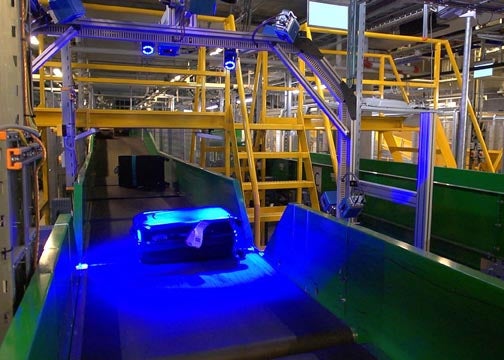
Crisplant has published a white paper outlining the implications of the International Air Transport Association (IATA) Resolution 753 for airports, airlines and baggage handling companies.
IATA is a trade organisation for around 260 of the world’s airlines, whose members account for over 80% of all air traffic. Resolution 753 effectively states that airlines must bear the ultimate responsibility for ensuring that each bag is delivered to the correct passenger.
As any baggage handling process also involves airport operators and baggage handling companies, the airlines will need to work closely with these stakeholders to implement any changes which are needed to comply with the Resolution 753 before June 2018.
"This resolution is intended to minimise the number of lost or mis-routed items of baggage," explains Crisplant managing director Klaus Schäfer."So whilst airlines and airports may need to invest in upgrades to their existing baggage handling equipment and controls, this can also be seen as an opportunity for all stakeholders to drive down costs."
The white paper considers a number of baggage handling technologies, ranging from manual scanning to RFID bag-tags, and suggests what upgrade may be necessary to ensure compliance. It also discusses the challenges and options which stakeholders will need to consider when installing new equipment and controls to deliver the transparency which will be required across different control systems.
Written by Crisplant senior software system manager Kim Madsen, the white paper draws on the company’s 40 years of experience in upgrading and installing new baggage handling systems for airports around the world.
The publication will help airline and airport operations executives, airport design consultants, and baggage handling executives to combine compliance to the resolution with significant cost savings and the opportunity to improve passenger satisfaction ratings.
The white paper is available from the BEUMER Group website.

